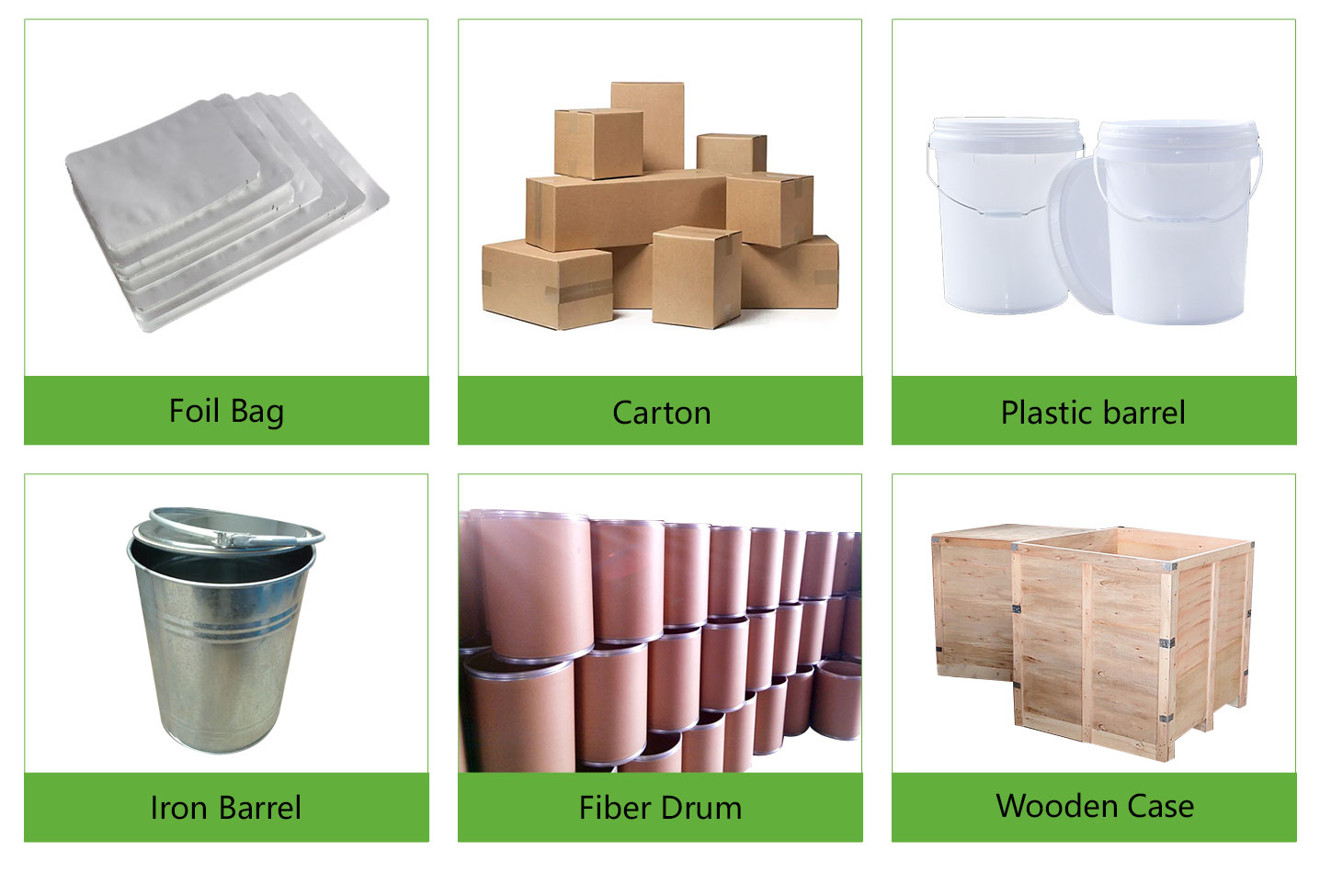What is Titanium Carbide Powder?
The titanium carbide chemical formula is TiC. TiC compound has a molecular weight of 59.89. Gray metallic lustrous crystalline solid. The titanium carbide melting point is 3140℃, the Titanium carbide boiling point is 4820℃, and the relative density is 4.93. Hardness 9-10. Insoluble in water, soluble in nitric acid, and aqua regia. It is stable to air when lower than 800℃, eroded by air when higher than 2000℃, and can react with pure oxygen at 1150℃. Used for making cemented carbide, as electrode and abrasive of arc lamp.
Feel free to ask the latest titanium carbide price if you want to buy titanium carbide powder in bulk.
Technical Parameter of Titanium Carbide TiC Powder :
| Ti+C |
Fsss(um) |
Total C |
Free C |
N |
Fe |
Si |
Ca |
O |
| 99% |
<1.0 |
>19% |
<0.5% |
0.60% |
0.20% |
0.02% |
0.02% |
1.2% |
| 99% |
1.5±0.5 |
>19% |
<0.5% |
0.60% |
0.15% |
0.02% |
0.02% |
0.8% |
| 99% |
3.0±1.0 |
>18.8% |
<0.5% |
0.60% |
0.15% |
0.02% |
0.02% |
0.6% |
Note: Special particle size can be produced according to customer requirements (1.0-100.0um).
Titanium Carbide TiC Application:
Structural material
Titanium carbide has the characteristics of high hardness, high melting point, and excellent chemical stability and can be widely used as a structural materials in various fields. In high-temperature industries, titanium carbide can manufacture high-temperature stoves, heat exchangers, aircraft engine components, and spacecraft structural components. In addition, titanium carbide can also be used to manufacture high-strength and high-corrosion resistance mechanical parts and tools, such as cutting tools, molds, and wear-resistant bearings.
Coating material
Titanium carbide has high hardness and good wear resistance and can be widely used as a coating material in various fields. In mechanical manufacturing, titanium carbide can be used to prepare wear-resistant coatings to improve mechanical parts' wear resistance and service life. In addition, titanium carbide can also be used to prepare anti-corrosion coatings to improve the corrosion resistance of equipment. In biomedicine, titanium carbide can be used to prepare coatings with good biocompatibility and improve biological materials' corrosion resistance and stability.
Catalyst
Titanium carbide has excellent electrical conductivity and good chemical stability and can be widely used as a catalyst in various chemical reactions. In the petrochemical industry, titanium carbide can be used as the catalyst for hydrocarbon cracking and aromatics isomerization reactions. In environmental protection, titanium carbide can treat pollutants such as waste gas and wastewater such as removing CO, NOx, and organic matter.
Other applications
Titanium carbide can also be used in other fields. For example, titanium carbide can be used as an electrode material in batteries and electrochemical devices, reinforcement material in composite materials, and biological material for medical devices and biosensors.
Production Method Titanium Carbide TiC
Molten salt electrolysis method
Molten salt electrolysis is a common method for preparing titanium carbide, a process of electrolytic reaction between molten electrolyte and titanium metal at high temperatures to produce titanium carbide. The main reaction principle of the molten salt electrolysis method is as follows:
Ti + 3C + 8NaCl → TiC + 3Na2SiC + 4Na
In this reaction, titanium reacts with carbon and sodium salts to form titanium carbide and sodium silicide. The advantages of this method are that the preparation process is simple, it can be large-scale production, and the produced titanium carbide has high purity and fine particle size. However, the molten salt electrolysis method also has some shortcomings, such as the high temperature required in the preparation process, which needs to be kept above 1000℃. At the same time, the preparation cycle of this method is long, and the energy consumption is large.
Chemical vapor deposition
Chemical vapor deposition is a method of preparing titanium carbide at low temperatures, the method by the titanium source and carbon source gas and reaction under low-temperature conditions to produce titanium carbide. The main reaction principles of chemical vapor deposition are as follows:
TiCl4 + 4H2 + C → TiC + 4HCl
In the above reaction, titanium tetrachloride reacts with hydrogen and carbon to form titanium carbide. The advantage of this method is that high-quality titanium carbide can be prepared at low temperatures, and the particle size and morphology of titanium carbide can be controlled by adjusting reaction parameters (such as reaction temperature, gas flow, etc.). The disadvantage of the chemical vapor deposition method is that it requires sophisticated reaction equipment and strict reaction conditions. Hence, the production cost is higher, and the by-product HCl harms the human body, requiring special waste treatment facilities.
Storage Condition of Titanium Carbide TiC Powder :
Titanium Carbide TiC Powder should be sealed in vacuum and stored in cool and dry room and it should not be exposure to air. In addition, the product should be avoided under stress.
Packing & Shipping of Antimony Selenide Sb2Se3 Powder :
Titanium Carbide TiC Powder packing: vacuum packing, 1kg/bag, 25kg/barrel, or as your request.
Titanium Carbide TiC Powder shipping: could be shipped out by sea , by air, by express as soon as possible once payment receipt.
 Luoyang Tongrun Nano Technology Co. Ltd. (TRUNNANO) is a trusted global chemical material supplier & manufacturer with over 12-year-experience in providing super high-quality chemicals and Nanomaterials, including boride powder, nitride powder, graphite powder, sulfide powder, 3D printing powder, etc.
Luoyang Tongrun Nano Technology Co. Ltd. (TRUNNANO) is a trusted global chemical material supplier & manufacturer with over 12-year-experience in providing super high-quality chemicals and Nanomaterials, including boride powder, nitride powder, graphite powder, sulfide powder, 3D printing powder, etc.
If you are looking for high-quality titanium carbide powder, please feel free to contact us and send an inquiry. ([email protected])
